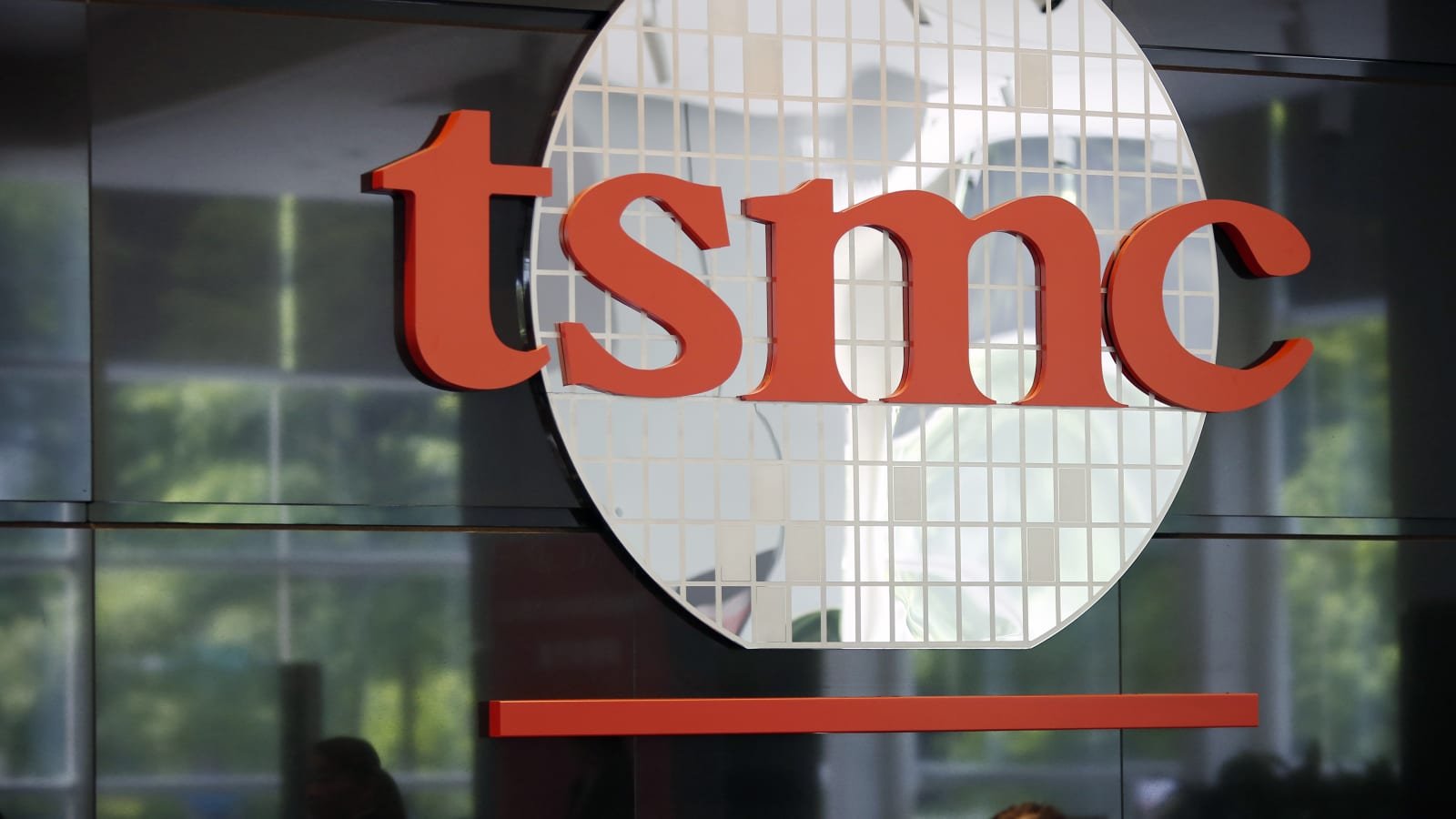
Signage for Taiwan Semiconductor Manufacturing Co. (TSMC) is displayed at the company’s headquarters in Hsinchu, Taiwan
Last week, former US President Donald Trump accused Taiwan of taking America’s $500 billion computer chip market.
Republican presidential nominee repeated his claim from last year that the island democracy and US ally had acquired “almost 100%” of the industry from the US in a Bloomberg Businessweek interview. “We should have never let that happen,” he said.
After a long career in semiconductors in the US, 93-year-old Chinese-born American Morris Chang founded Taiwan Semiconductor Manufacturing (TSMC) in 1987 at the age of 55. Island schoolchildren remember him as the father of its world-beating chips business.
Intel, Motorola and Texas Instruments, where Chang worked, led the industry. Chang’s business approach for TSMC was groundbreaking at the time.
“Our R&D was weak. We had no circuit design skills, he said in a 2007 Computer History Museum oral history project in Mountain View, California.
“We had little sales and marketing strength and almost no IP strength. He argued Taiwan’s only strength was chip manufacturing, which was not visible.
Thus, the “pure-play foundry,” which manufactures semiconductors to client designs, was born. When in-house design and manufacture were common, that paradigm was rejected.
An effective model
This innovative technique changed the global electronics industry and made Taiwan the leader. SIA reports that it makes over 90% of sophisticated chips worldwide.
“Because of it, TSMC could focus on manufacturing and be very good at it, and more importantly, it could manufacture for multiple customers, which would let the company scale up,” said Christopher Miller, author of “Chip War: The Fight for the World’s Most Critical Technology.”
Miller said scale helps TSMC succeed by increasing revenue, which can be used to improve chip production technology, and lowering manufacturing costs, making the business more efficient.
The IT giant has the world’s most advanced chip fabrication technologies and aims to invest more. Hsinchu-based TSMC inaugurated its worldwide R&D center last July.
Taiwan had utilized contract manufacturing in textiles and consumer electronics before chips, and experts claimed it worked effectively.
“Top-tier engineers, relatively lower labor costs, and long working hours have led to better productivity,” Konrad Young, a former TSMC R&D director, told reporters. Taiwan’s comprehensive tech ecosystem is also important to its chip prowess.
“These are factors that are nearly impossible to duplicate,” Young said.



































Comment Template